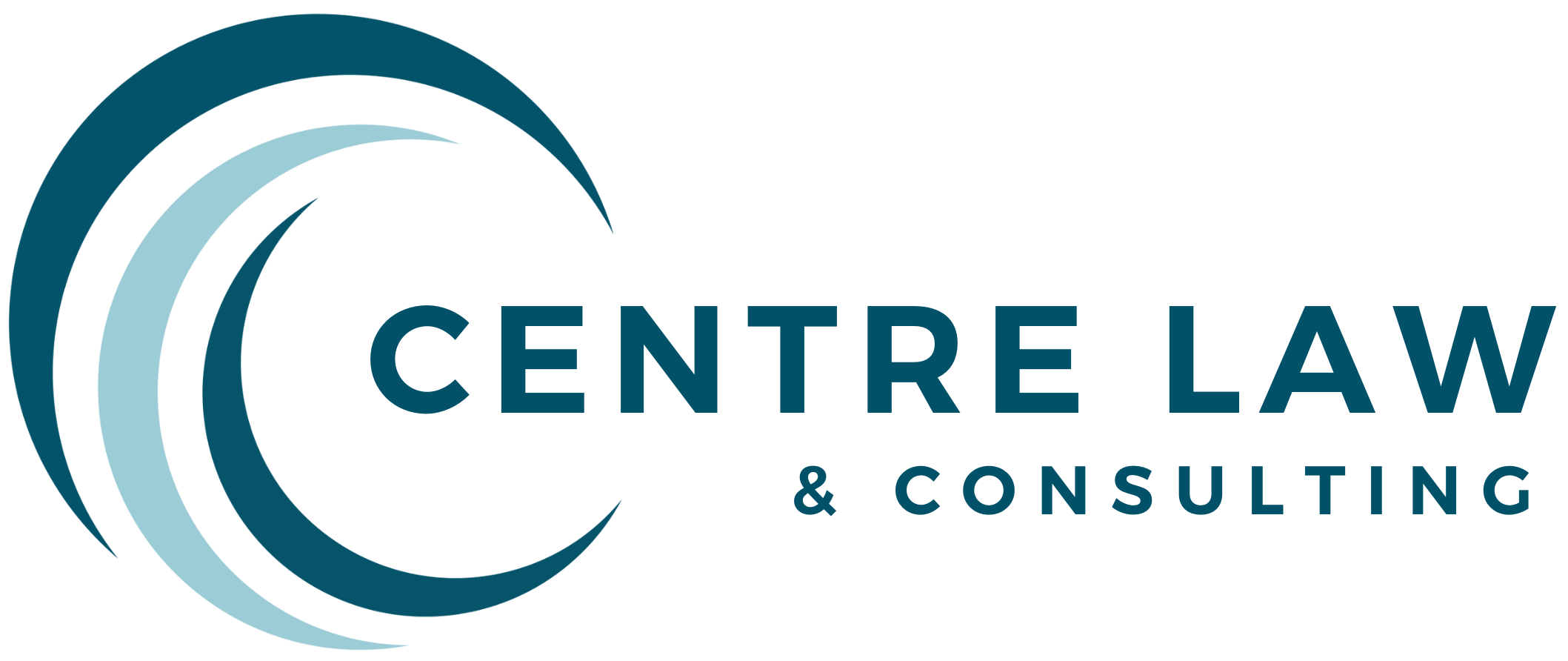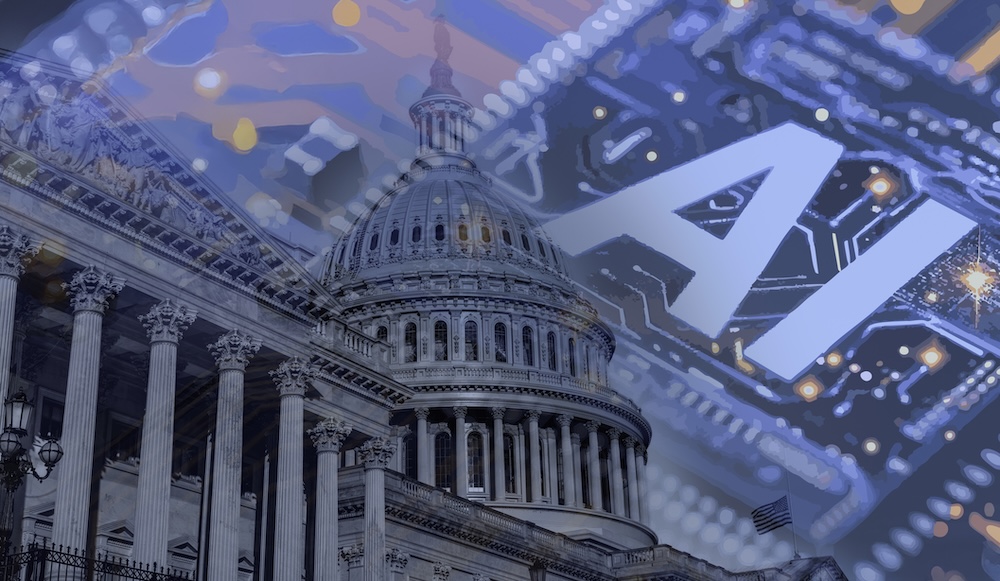The Freedom of Information Act (“FOIA”) is often seen as just a transparency tool. But for federal contractors, FOIA can pose real risks to confidential proprietary data. Recent updates from the Department of Justice (“DOJ”) and pending litigation over contractor-submitted workforce reports make it clear that FOIA Exemption 4, which protects the disclosure of any confidential commercial or financial information, safeguards are stronger than ever, but only if you know how to use them.
This January, the DOJ updated its FOIA Guide to clarify how Exemption 4 applies post-Food Marketing Institute v. Argus Leader Media. 588 U.S. 427 (2019). In the Food Marketing Institute case, the Supreme Court held that proprietary information can be withheld if it is both customarily and treated as private by the owner and was submitted to the government with an expectation of confidentiality. Id. at 440. There is no longer a need to show substantial competitive harm for the information to be exempted. Id. at 439-440.
Nevertheless, if a contractor receives notice from the government that someone has requested their information, or as we say “gets FOIA’d”, and they fail to object in time (or their objections are too vague), agencies like the Office of Federal Contract Compliance Programs (“OFCCP”) may release it anyway, like in Ctr. for Investigative Reporting v. Dep’t of Labor. No. 22-07182, 2023 WL 8879244 (N.D. Cal. Dec. 22, 2023)(Alsup, J.). In that case, the federal judge ruled that EEO-1 demographic reports submitted by contractors are not protected under Exemption 4—and ordered them released. An appeal of this decision is currently ongoing and oral arguments were heard by the Ninth Circuit on February 14th of this year. However, the FOIA requests for the 2021–2022 EEO-1 demographic data were already in, and OFCCP gave federal contractors until December 9, 2024 to submit objections to the disclosure. The workforce data of the contractors that missed the deadline or filed unclear, broad objections ran the risk of becoming public.
So, what should federal contractors take away from this?
- Proactively mark sensitive data
- Maintain internal confidentiality policies
- Designate a point person to handle all FOIA notices quickly
Having pre-drafted objection templates may also help contractors to act fast when needed. The DOJ’s guidance reinforces that agencies must consider disclosure objections—but they need evidence and specificity, not boilerplate.
The DOJ’s updated guidance gives federal contractors a stronger legal footing to guard their sensitive business information from FOIA disclosure—but only if those protections are properly invoked.
Need help navigating FOIA obligations or protecting your confidential information? Centre Law & Consulting, LLC advises federal contractors on compliance strategies, submitter objections, and FOIA Exemption 4 protections. Reach out to our team—we’re here to help.




